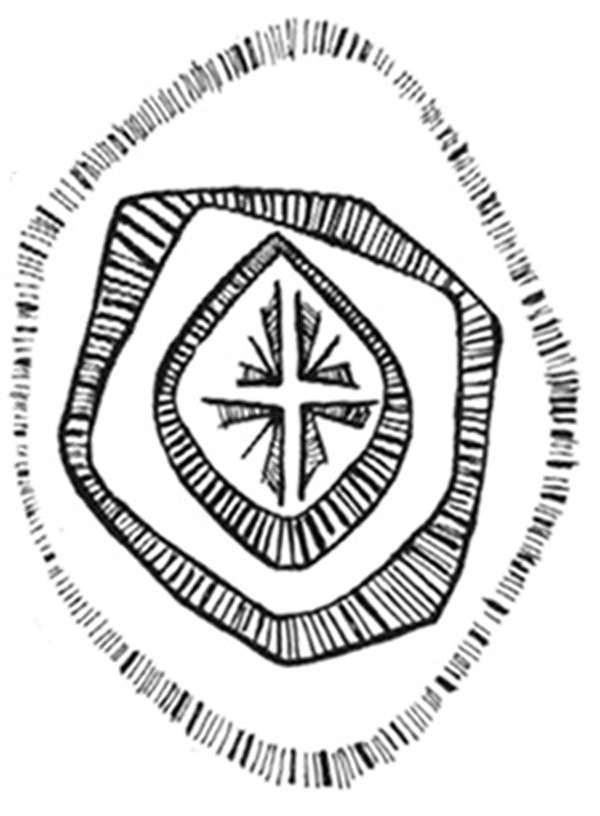Model Homily
On Proposition 41
|
(prepared at the request of the Division of Social Welfare, California Catholic Conference, by Fr. Bill Messenger, St. Eugene's Parish, Los Angeles Archdiocese, September 1984)
|
Perhaps many of you grew up during the depression. If so, you know what it means to be poor. I did not grow up during the depression, but I grew up in a poor family. I can remember one Christmas when both of my parents were out of work, and we had no money. Concerned parishioners brought Christmas baskets to our house. It was a humbling and difficult experience for my parents. The year before, my father had helped to distribute baskets to other poor people. Now it was our turn.
Maybe these kinds of experiences are more imbedded in my memory than I realize. Certainly, they have contributed to my concern for the poor. But my concern has taken a new direction. In the last several years three ideas have grown up in American life which startle me. The first idea is that anybody who is poor wants to be poor. Surely you have heard this expressed by comfortable and well-off politicians. My parents did not want to be poor. They both had good jobs--when they were working. In my years as a priest, I have yet to meet anyone who wants to be poor. What poor people have the politicians met?
The second idea is that the poor only need to pull themselves up by their boot straps to succeed. During the last four years I have heard this more times than I care to remember. Obviously, the politicians who say this have never walked the streets of skid row. I have worked with the Catholic Worker Community and have seen people who do not even have boots--let alone the straps with which to pull themselves up. I am amazed by the absurdity of these ideas.
But perhaps the worst idea to surface in American life is that people on welfare are cheating the tax payers. It is the worst because of the subtle way in which it disguises a prejudice against the poor and seeks to justify their mass extinction. Undoubtedly, there are some people who should not be on welfare. But statistically, it is a very low percentage. If there is cheating in the welfare system, it is more likely to occur in the administration. But the reality is unimportant to the average person. What is important is selfish pursuit of comfort--and it doesn't matter who the scapegoat is.
Presently before the voters of California is an initiative to wipe out in one stroke every poor person in the state. It is called proposition 41. The proposition is presented as an opportunity to trim state expenses. In fact, it is a mean-spirited and deceptive attack against the poor. But why bring it up in a homily?
The work of the gospel is the building of the kingdom. That building is done in this world, even though its fulfillment may not be achieved until the next. In the building of the kingdom we must follow the example of the Lord Jesus who demonstrated a particular concern for the poor, children and the sick. Two analyses of proposition 41, one done by the California Catholic Conference and the other by an independent organization, show that the effect of proposition 41 on families with dependent children, the elderly, the blind, Medi-Cal recipients, etc. would be disastrous.
Regardless of the effects of proposition 41, it is time for American Christians to issue the challenge of the Gospel. It is time to call a halt to the pursuit of selfishness which views the poor as an obstacle to success. It is time to recall that we are a community pursuing the good of all. It is time to acknowledge that there is no future in a society concerned only with the welfare of the individual or an elite group of individuals.
Almost certainly, the preaching of the Gospel in America today will entail ridicule and rejection. But if the followers of Jesus do not preach his word, who will? The kingdom of God is for all--rich and poor. The resources of the world are for all--rich and poor. The defeat of proposition 41 is for all--rich and poor.
|
(proposition 41 was defeated)
